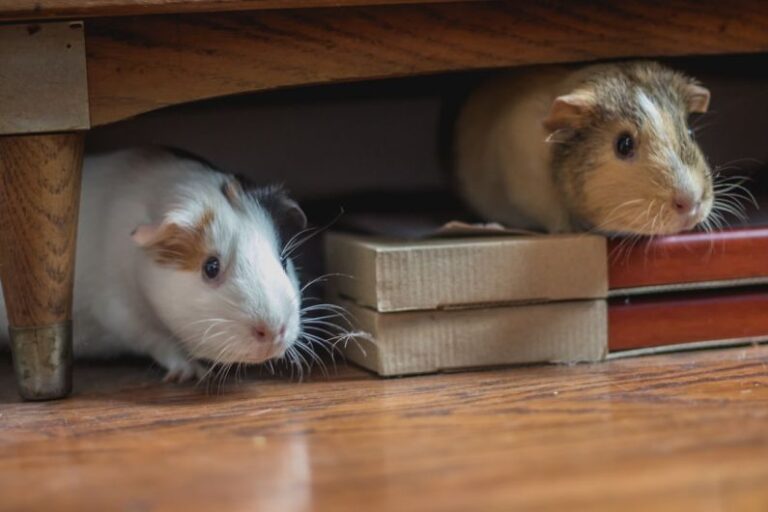
Responsible breeding is a crucial aspect of ensuring the health and well-being of animals. By following best practices, breeders can contribute to the overall betterment of the species they work with. In this article, we will explore some key guidelines and principles that define responsible breeding.
Understanding Genetics and Health Testing
One of the fundamental aspects of responsible breeding is a thorough understanding of genetics and the importance of health testing. Before breeding any animals, breeders should conduct genetic testing to identify potential hereditary health issues. By selecting breeding pairs with healthy genetic backgrounds, breeders can reduce the risk of passing on genetic disorders to offspring. Additionally, health testing for common breed-specific conditions is essential to ensure the overall health of the animals being bred.
Responsible breeding also involves being transparent about the health status of breeding animals. Breeders should provide potential buyers with information about genetic testing results and any health issues present in the breeding lines. This transparency helps buyers make informed decisions and promotes ethical breeding practices within the community.
Proper Care and Socialization
In addition to genetic considerations, responsible breeding also entails providing proper care and socialization for breeding animals and their offspring. Breeders should ensure that their animals receive adequate nutrition, exercise, and veterinary care to maintain optimal health. Socialization is also crucial, as it helps animals develop appropriate behaviors and reduces the risk of behavioral issues later in life.
Responsible breeders prioritize the well-being of their animals above all else. This includes providing a clean and safe environment, regular veterinary check-ups, and appropriate socialization opportunities. By investing time and resources into the care and socialization of their animals, breeders can produce healthy, well-adjusted offspring that are better equipped to thrive in their new homes.
Ethical Marketing and Sales Practices
Another important aspect of responsible breeding is ethical marketing and sales practices. Breeders should be honest and transparent in their advertising, providing accurate information about the animals they are selling. Misleading or deceptive marketing practices not only harm the reputation of the breeder but also compromise the welfare of the animals involved.
Responsible breeders prioritize the well-being of their animals over profit, and this is reflected in their marketing and sales practices. They provide potential buyers with comprehensive information about the animals, including health records, temperament assessments, and any known genetic issues. By establishing trust with buyers through transparent and ethical practices, breeders can build lasting relationships and ensure the well-being of the animals they produce.
Community Involvement and Education
Responsible breeding is not just about individual practices but also about contributing to the larger community of breeders and animal enthusiasts. Breeders should actively engage with their community, sharing knowledge and resources to promote responsible breeding practices across the board. By participating in educational events, breeders can help raise awareness about the importance of ethical breeding and encourage others to follow suit.
Community involvement also provides breeders with valuable networking opportunities and access to resources that can help improve their breeding practices. By collaborating with other breeders, veterinarians, and animal welfare organizations, breeders can stay informed about the latest developments in animal health and genetics, ultimately leading to better outcomes for the animals in their care.
In Conclusion: The Impact of Responsible Breeding
Responsible breeding is a multifaceted practice that requires dedication, expertise, and a commitment to the well-being of animals. By following best practices in genetics, health testing, care, socialization, marketing, and community involvement, breeders can make a positive impact on the animals they work with and the broader breeding community. Through responsible breeding, we can ensure a future where animals are healthy, happy, and thriving in their homes.





